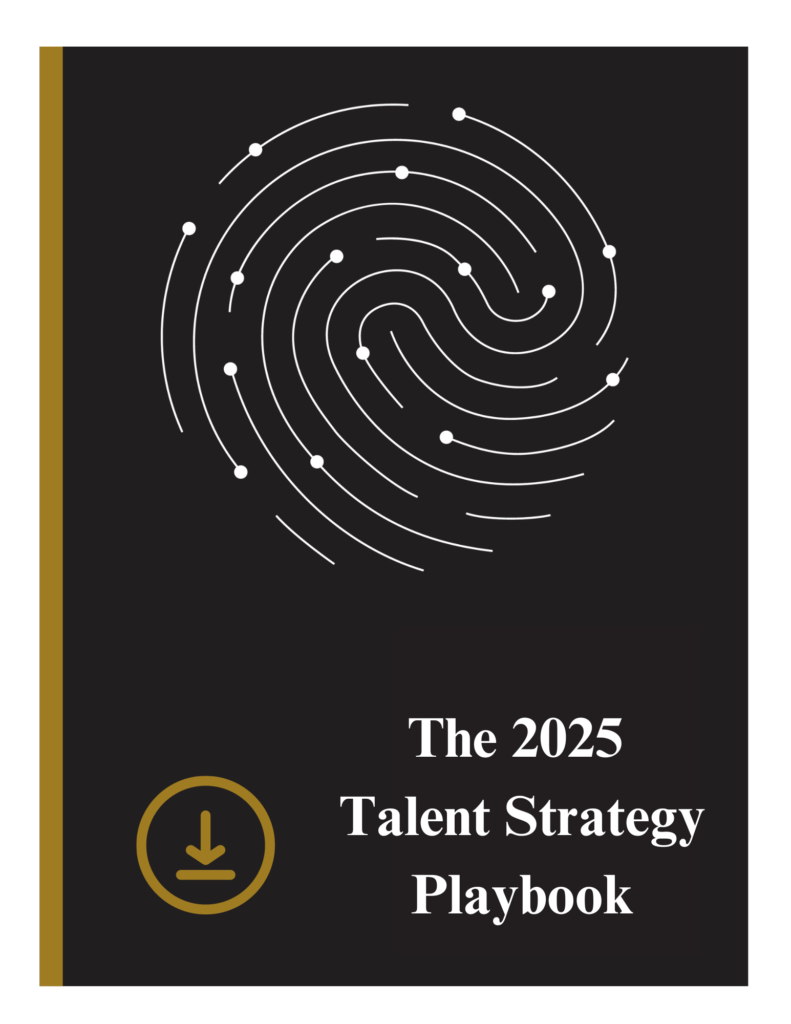by Ashley Ward
Organizations that are successful in today’s business environment strive not just for productivity, but for excellence. A key driver of this excellence is discretionary effort — the extra effort that employees put forth beyond their mandatory responsibilities. Discretionary effort is the enthusiasm, passion, and energy that employees bring to their work, which can significantly impact an organization’s success. Unlike tasks that are explicitly required, discretionary effort is voluntarily given, making it a unique and valuable asset to any organization.
Understanding and harnessing discretionary effort is crucial for creating a high-performing and engaged workforce. Employees who consistently go above and beyond are often the backbone of an organization, driving innovation, fostering a positive workplace culture, and enhancing overall performance. These employees exhibit behaviors such as helping colleagues, improving processes, taking on additional responsibilities, and proactively seeking opportunities to add value. Their sense of ownership and pride in their work can lead to remarkable outcomes for the organization.
Encouraging discretionary effort requires more than just a good work ethic from employees; it necessitates a supportive and motivating environment created by employers. Companies that can leverage the power of their workforce to achieve strategic goals and objectives gain a distinct advantage. Additionally, employees who contribute discretionary effort tend to be more engaged and less likely to leave their jobs, contributing to a more stable and productive workforce.
In this article, we will go deeper into the concept of discretionary effort, explore its importance, and provide practical strategies for encouraging and measuring it within your organization. By understanding and promoting discretionary effort, you can unlock the full potential of your workforce and drive your organization toward sustained success.
What is Discretionary Effort?
Discretionary effort is the extra effort that an employee puts in beyond their required duties. It embodies the energy, enthusiasm, and passion that employees bring to their work, significantly impacting an organization’s success. Unlike mandated tasks, discretionary effort is voluntarily given, making it a crucial element in fostering a high-performing and engaged workforce.
Why is Discretionary Effort Important?
Encouraging discretionary effort is vital for any organization aiming for excellence. Employees who go the extra mile positively impact the workplace by enhancing overall performance. These individuals often exhibit behaviors such as assisting colleagues, improving processes, taking on additional responsibilities, and proactively seeking opportunities to add value. They take ownership and pride in their work, contributing significantly to the organization’s success.
In today’s competitive business landscape, having employees who willingly contribute discretionary effort gives organizations a distinct advantage. Such employees are more engaged and less likely to leave, leading to a more stable and productive workforce. Engaged employees drive strategic goals and objectives, providing a competitive edge in the market.
How to Use Discretionary Effort
Employers can harness discretionary effort by fostering an environment that motivates and values employees’ contributions. Here are some strategies to encourage discretionary effort:
- Recognize and Reward Efforts: Acknowledge and reward employees who go above and beyond. Recognition can be monetary or non-monetary, such as public praise or additional responsibilities.
- Provide Growth Opportunities: Offer opportunities for professional development and career advancement. When employees see a clear path for growth, they are more likely to invest extra effort.
- Create a Positive Work Environment: Cultivate a supportive and inclusive culture where employees feel valued and respected. A positive work environment boosts morale and encourages employees to give their best.
- Foster Open Communication: Maintain open lines of communication between management and employees. Encourage feedback and make employees feel heard and involved in decision-making processes.
How to Measure Discretionary Effort
To effectively utilize discretionary effort, employers must measure key behaviors indicating an employee’s natural fit for their role. Here’s how to measure discretionary effort:
- Behavioral Assessments: Use assessments to understand employees’ natural tendencies and how they are likely to behave in different situations. This helps in placing employees in roles where they can thrive.
- Performance Metrics: Track metrics such as productivity, quality of work, and willingness to take on additional tasks. These indicators can provide insights into discretionary effort.
- Employee Engagement Surveys: Regularly conduct surveys to gauge employee engagement and satisfaction. High engagement levels often correlate with higher discretionary effort.
- Feedback Systems: Implement systems for gathering feedback from peers, supervisors, and subordinates. Peer reviews can reveal instances of discretionary effort that might go unnoticed by management.
Employers should encourage and foster an environment where employees feel motivated to contribute discretionary effort. Employees who go the extra mile are likely to have a positive impact on the workplace and improve the organization’s overall performance. They often demonstrate behaviors such as helping colleagues, improving processes, taking on additional responsibilities, and proactively seeking opportunities to add value. These employees have a sense of ownership and pride in their work and their contributions to the organization.
Having employees with discretionary effort is particularly important in today’s competitive business environment. Organizations that can leverage the power of their workforce to achieve strategic goals and objectives have a distinct advantage. In addition, employees who contribute discretionary effort are more engaged and less likely to leave their jobs. This can lead to a more stable and productive workforce.
To get the right employees in the right seat, employers should measure key behaviors that make them a natural fit for their role. Assessing an employee’s natural behavioral tendencies can help employers understand how they are likely to behave in different situations. This information can be used to ensure that employees are placed in roles where they are most likely to thrive and contribute their discretionary effort. For example, an employee with a natural tendency to be outgoing and assertive may be well-suited for a sales role, while an employee with a natural tendency to be detail-oriented and analytical may be better suited for a data analysis role.
Discretionary effort is the voluntary extra effort employees contribute beyond their required duties. It’s essential for employers to cultivate an environment that values and rewards this effort. Employees who exhibit discretionary effort drive a high-performing and engaged workforce, ultimately leading to a more competitive and successful organization. By recognizing, encouraging, and measuring discretionary effort, employers can harness the full potential of their workforce and achieve strategic goals more effectively.
Do you want to learn more about the right behavioral tools to measure discretionary effort and give your company a competitive edge? Speak with a talent expert to find out how W Talent Solutions can help.



















